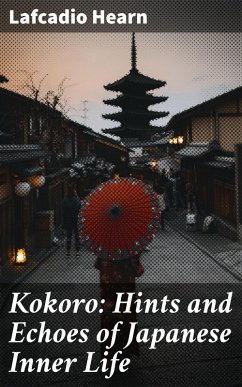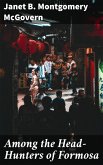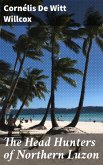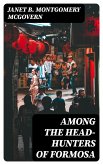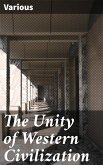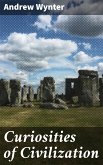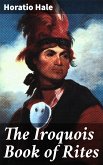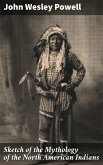In "Kokoro: Hints and Echoes of Japanese Inner Life," Lafcadio Hearn masterfully explores the intricacies of Japanese culture through a series of essays that delve into the emotional and spiritual landscapes of its people. Employing a lyrical prose style rich in imagery and sensitivity, Hearn reflects on themes of compassion, beauty, and the ephemeral nature of life. This work is set against the backdrop of a rapidly modernizing Japan, which Hearn contrasts with traditional values, providing readers with poignant insights into the complexities of the Japanese psyche and the cultural ethos that underpin it. Lafcadio Hearn, a Greek-born writer and journalist, became an influential figure in the promotion of Japanese culture in the West during the late 19th century. His deep appreciation for, and scholarly approach to, Japan stemmed from his experiences living in both the United States and Japan, allowing him to bridge the gap between Eastern and Western thought. Hearn'Äôs unique position as an outsider allowed him to observe and document Japanese life with an honesty and tenderness rarely seen in contemporary literature. This book is highly recommended for readers seeking to understand the subtleties of Japanese inner life and culture. Through Hearn's eloquent observations, one gains a deeper appreciation for the philosophical and emotional frameworks that define Japan, making "Kokoro" an essential read for anyone interested in cross-cultural studies or the arts.
Dieser Download kann aus rechtlichen Gründen nur mit Rechnungsadresse in A, B, BG, CY, CZ, D, DK, EW, E, FIN, F, GR, H, IRL, I, LT, L, LR, M, NL, PL, P, R, S, SLO, SK ausgeliefert werden.

